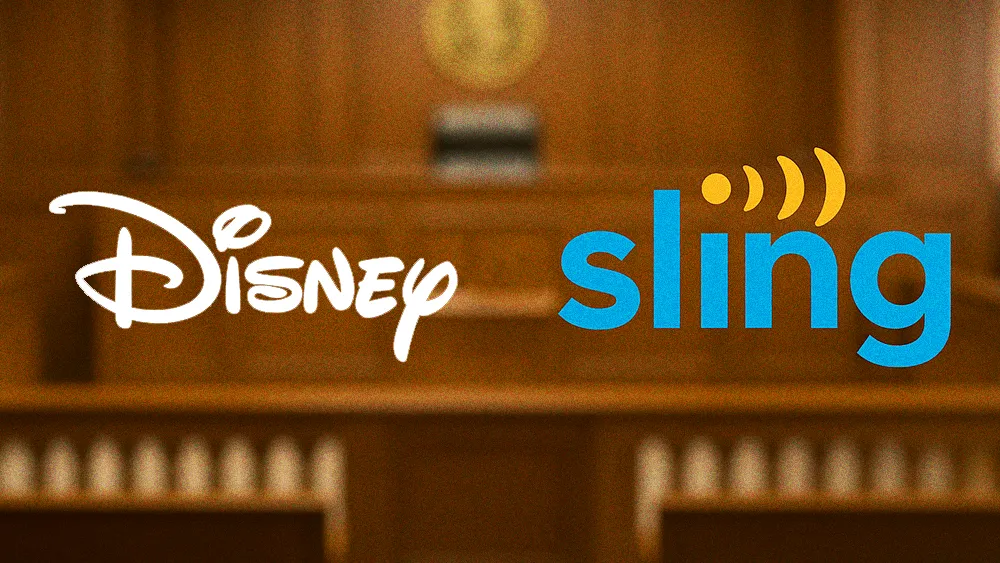Disney is suing Sling TV over its new short-term streaming passes, claiming they violate a carriage agreement that mandates monthly subscriptions. The lawsuit, first reported by Deadline, represents a major clash over the future of TV bundling and how viewers will pay for content.
- Contract clash: The dispute centers on Sling’s new passes, which offer daily or weekly access to channels like ESPN for as little as $5. Disney claims the passes were launched “without our knowledge or consent” and violate the terms of their deal. Sling TV fired back, calling the suit “meritless" and vowing to defend its right to offer more flexible options
- Déjà view: This is a familiar playbook for Disney. The company similarly sued Verizon in 2015 after it introduced more flexible "Channel Packs" for its Fios TV service, a legal fight that ended with Verizon settling and watering down the feature.
- Battle for the bundle: For Sling, the move is a bold attempt to find new revenue as the traditional pay-TV business crumbles. The service has been steadily losing subscribers, shedding more than 100,000 in a recent quarter, making the need to attract casual viewers more urgent.
Disney's lawsuit is a clear signal that legacy media giants aren't ready to loosen their grip on the decades-old subscription model—even as their own direct-to-consumer ambitions loom on the horizon. The suit is part of a larger industry conflict, as Disney also faces a separate antitrust lawsuit from Fubo over a planned sports streaming venture. This all comes as live sports face a demographic challenge with an aging viewership, raising the stakes for creating flexible and affordable ways for new audiences to tune in.

